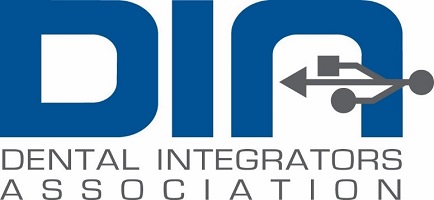Security Breaches In The Health Sector: 2015
Medical identity theft doesn’t just affect your wallet; it can also be a serious health concern. When hackers steal medical information, important factors like blood type, allergies, and medical history are wiped out. And, unfortunately, it seems medical data breaches are a constant occurrence.
Here are the largesthealthcare breaches this year. Have you been affected?
Anthem Inc.
With more than 80 million members, Anthem is the second-largest health insurance company in the nation. And every single memberis at risk of identity theft (including the company’s CEO) after a sophisticated breach announcedat the beginning of this year. Their financial information is safe but not their personal data, including social security numbers, addresses, and employment information.
Premera Blue Cross
On the same date as Anthem, Premera discovered a breach of their own that affected up to 11 million members. Affiliate brands Vivacity and Connexion were included in the breach, which could have exposed 13 years of social security numbers, bank account information, and medical records. Because of the breach, Premera offered two years of credit monitoring and identity-theft protection for those affected.
UCLA Health System
In July, hackers obtained access to the medical information of up to 4.5 million people in the UCLA Health System. They kidnapped social security numbers, treatment records, and health insurance IDs. The hospital offered 12 months of identity-theft protection services for those affected.
Interestingly enough, each company and their members suffered from a large amount of phishing and scamming after each breach. Customers received phone calls and emails from scammers pretending to be one of the three companies and victims willingly handed over private information—resulting in even more identity theft.
If your medical records are ever breached—or any data, for that matter—never give personal information over the phone and never open emails with attachments. Companies usually send physical letters informing customers of a breach and will detail the appropriate next steps within the letter. If you ever feel uneasy handing over personal information, hang up the phone and call the company yourself.




